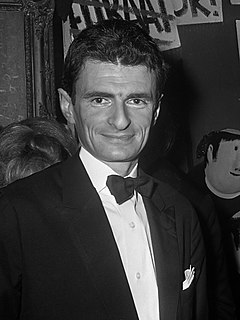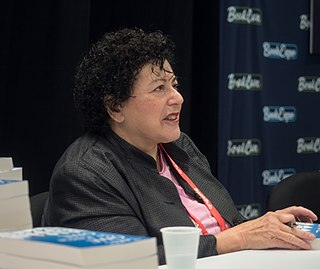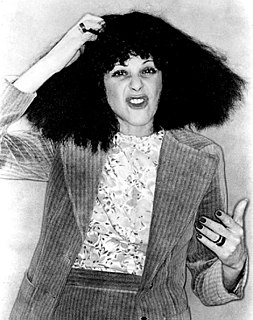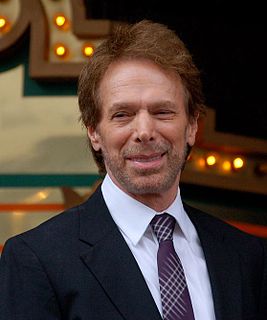A Quote by William Monahan
If you write a screenplay that gets circulated, you have a bigger readership than any literary novelist. And it's an educated audience as well.
Related Quotes
On a spectrum of literary productions, memoir is just another form. If the person doing the reviewing or critiquing was ill-educated about literary forms, they could write something dunderheaded about the author or their life (I've seen these and barfed at them), but anyone who is well-practiced and educated in literature - why would they leave that at the door when entering memoir?
When I set out to write a screenplay, I have in my mind a beginning and an end but that end part continually changes as I start to write the middle. That way by the time the screenplay is finished I have taken myself and my audience from a familiar beginning point through the story to an unfamiliar ending point.
The problem of the novelist who wishes to write about a man's encounter with God is how he shall make the experience--which is both natural and supernatural--understandable, and credible, to his reader. In any age this would be a problem, but in our own, it is a well- nigh insurmountable one. Today's audience is one in which religious feeling has become, if not atrophied, at least vaporous and sentimental.







































